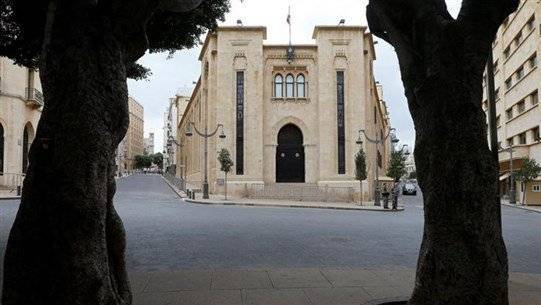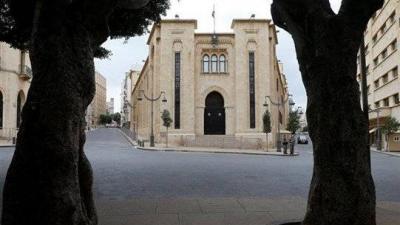President Nabih Berri, as the senior member of the new parliament, has called for a general session at 11 AM next Tuesday, the 31st, in the main hall of the Parliament in Star Square, to elect a President, a Deputy President, two Secretaries, and three Commissioners, in accordance with Article 44 of the Constitution.
Regardless of the scenarios that may arise during this session, which could potentially bring unexpected surprises similar to the outcomes of the parliamentary elections, President Berri is working to ensure that he secures the required majority for victory in the first round, which is 65 votes. Meanwhile, the election of the Deputy President is also significant and may indicate the composition of the new parliament and the nature of alliances and the interactions of political forces in the upcoming phase.
Beyond the analyses and data regarding the candidates and the distribution of voting for the President and Vice President, as well as for the two Secretaries and three Commissioners—which typically occur through an agreement among political forces and parliamentary blocs—there are many questions regarding the role of the Vice President of the Council and the Bureau of the Council and how to manage the Council. It may be beneficial to shed light on these matters for public opinion and the new deputies.
According to Article 1 of the Council's internal regulations, the Bureau of the Council consists of a President, a Deputy President, two Secretaries, and three Commissioners. The Bureau is elected in the first session held by the Council after its re-election, within a maximum of fifteen days from the beginning of its term, upon a call from the senior member of the Council, according to Article 2 of the regulations. The President and Deputy President are elected according to Article 44 of the Constitution, in conjunction with Article 3 of the internal regulations, with each being elected separately by secret ballot, by an absolute majority of the votes in the first round, and by a relative majority in the second and third rounds. In the case of a tie, the eldest member is considered elected.
The powers of the Bureau of the Council are defined by Article 5 of the internal regulations, which discusses the powers of the President of the Council, who represents the Council and speaks on its behalf, oversees the provisions of the Constitution, law, and internal regulations, presides over sessions, carries out the powers stipulated in the regulations, maintains order within the Council premises, and imposes and applies penalties. In the case of the President's absence or inability to fulfill his duties, the Deputy President assumes the President's powers, as stated in Article 6 of the internal regulations. If both the President and Deputy are unable to preside over the session, the oldest present member assumes the presidency, as appointed by the President or Deputy.
According to Article 7 of the internal regulations, the Secretaries assist the President in recording the names of speakers, sorting ballot papers, and monitoring the organization of session minutes and summaries. The Bureau of the Council, according to Article 8 of the internal regulations, studies the objections raised regarding session minutes and summaries, manages sessions and voting, announces the voting results and resolves disputes, sets the agenda for each session, publishes the scheduled agenda in the Council's lobby, and notifies the deputies with a copy of projects, proposals, and reports included in the agenda at least twenty-four hours before the session. They also organize the Council's annual budget and oversee its implementation.
The disbursement vouchers and clearance, as well as other expenditure contracts, are signed by the President or Deputy, along with one Secretary and one Commissioner, subject to the rules of the public accounting law. The Bureau also has the authority to approve and amend the staffing structures and regulations for the Council's civil and military employees, ensuring that civil employees are subject to public administration regulations and military personnel are subject to military regulations. Employees are appointed by a decision from the President of the Council, in addition to studying petitions and complaints.
Meetings of the Bureau of the Council follow the rules of committee meetings, and membership in the Bureau of the Council cannot be combined with ministerial roles. This overview may affirm what some analyses and data have suggested: that the new parliamentary council is at risk of paralysis for several reasons, primarily due to the rapid deterioration and collapse facing the country, alongside the impossibility of reaching agreement among its components, which will complicate matters further. This might lead us back to calls for dissolving the Council and holding early elections after reconsidering the electoral law... We will wait and see... the first drop will fall next Tuesday...




